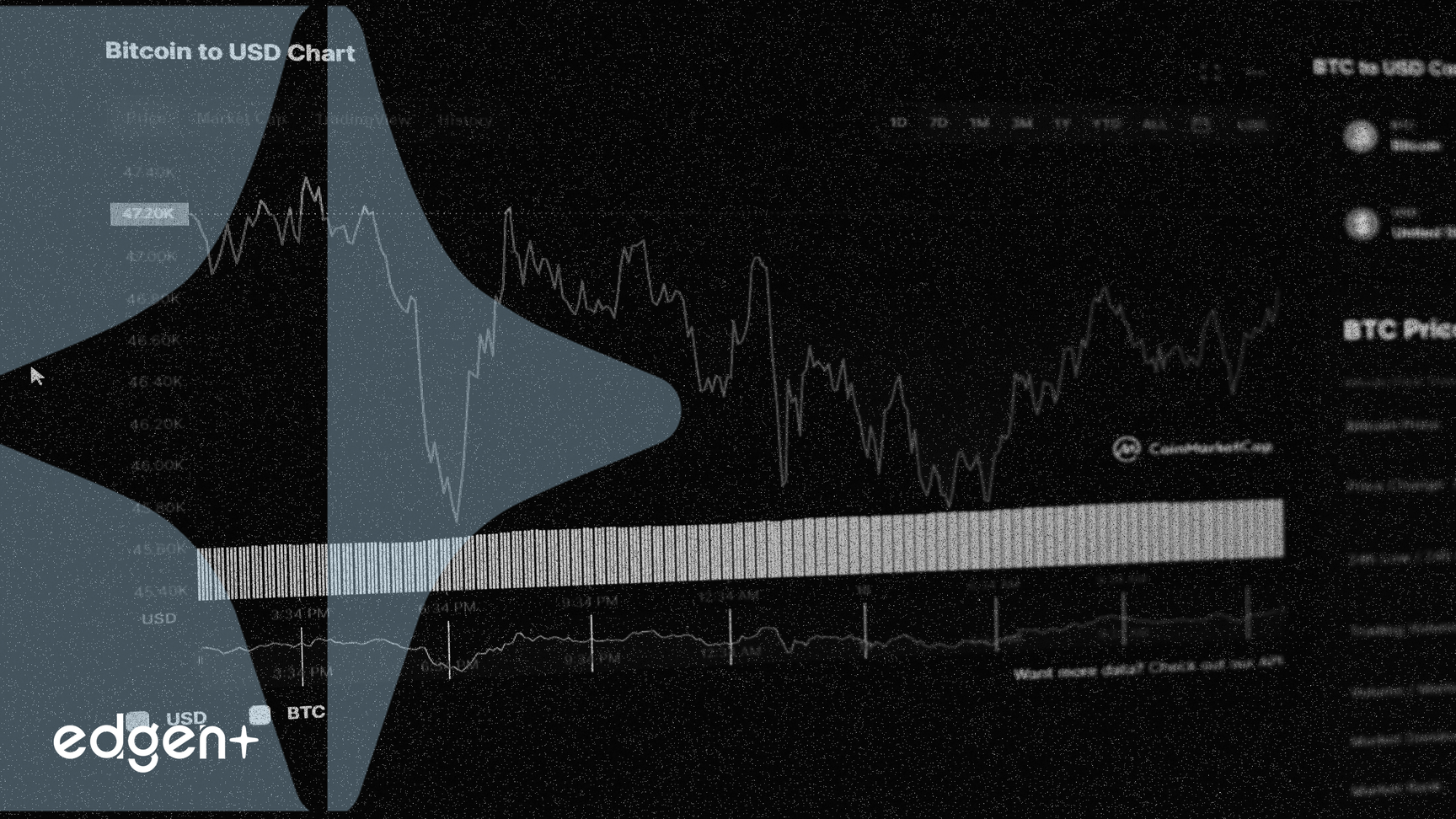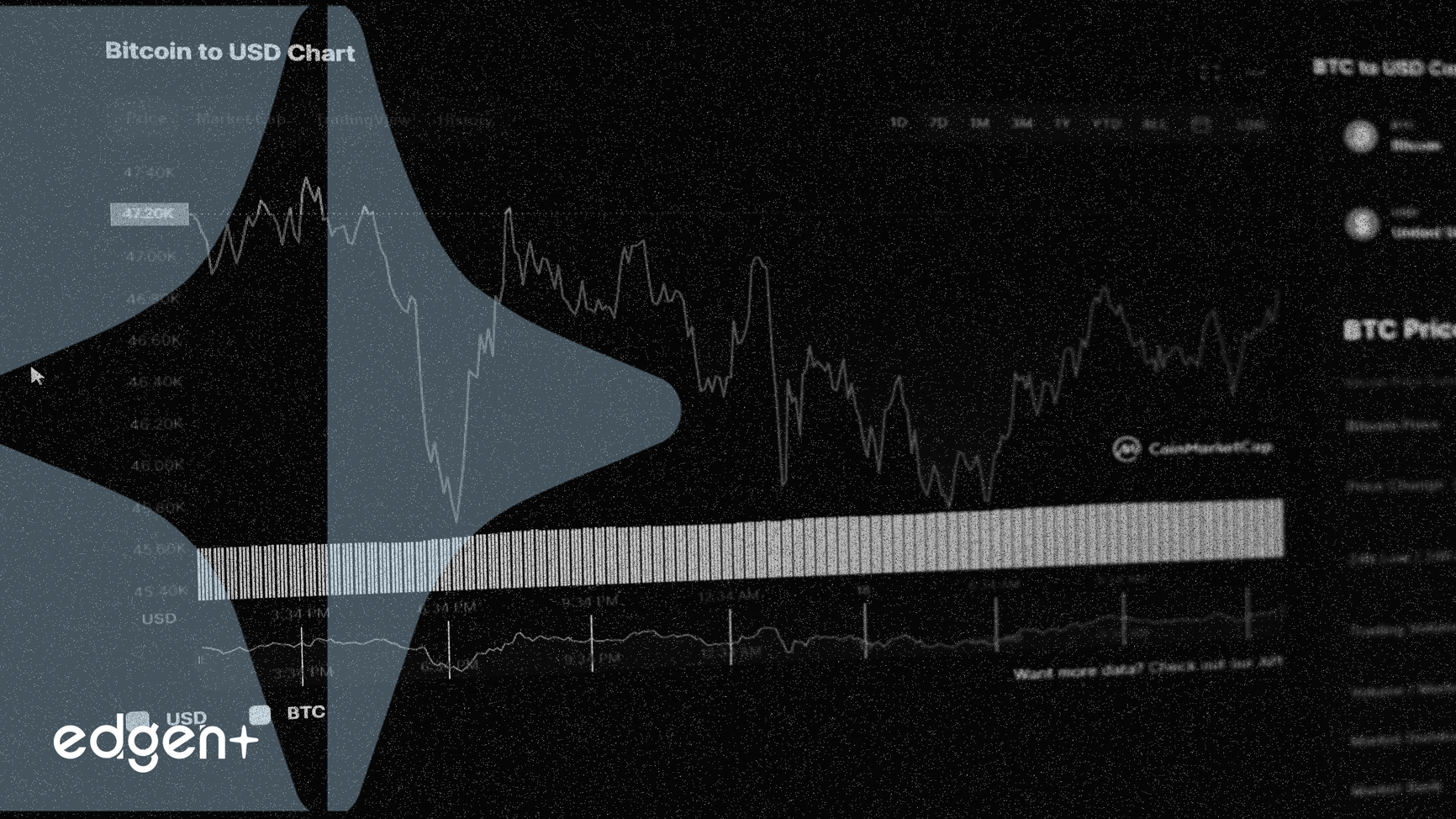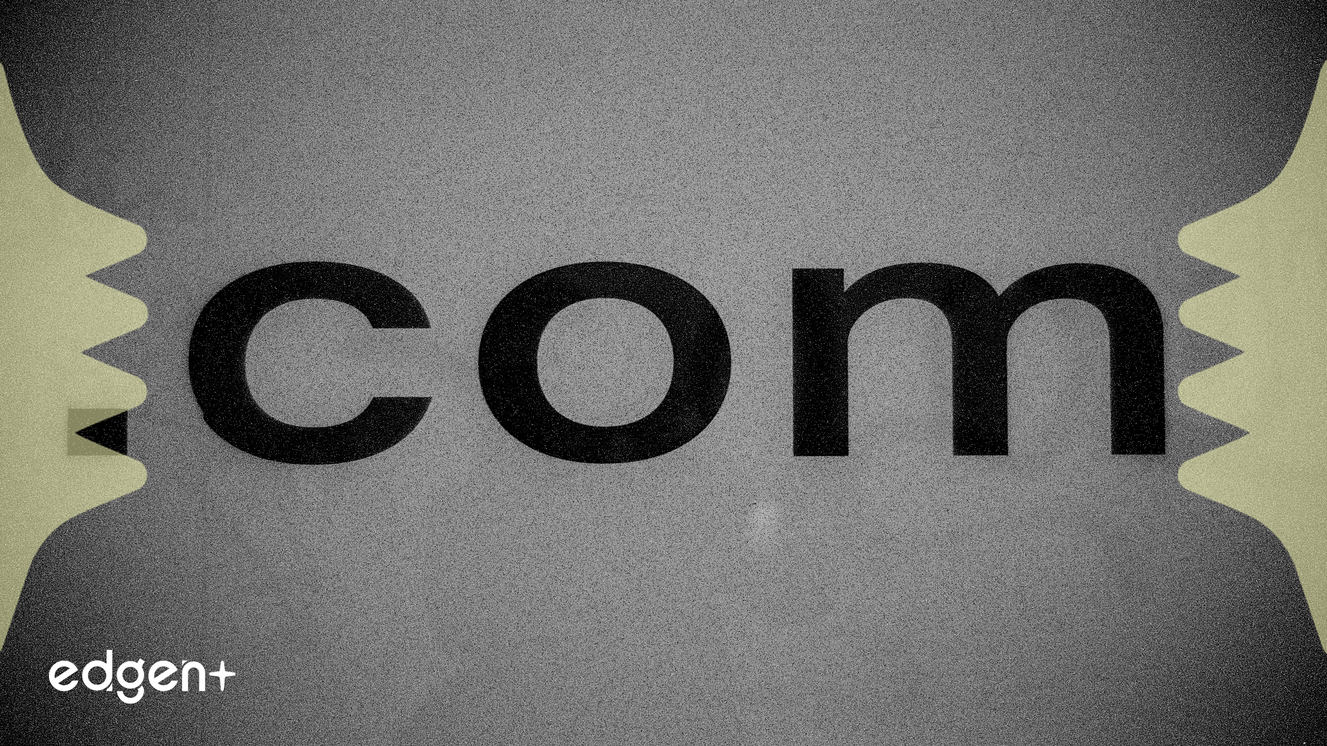Sanofi's Wayrilz, a novel BTK inhibitor for chronic immune thrombocytopenia, has received FDA approval, marking a significant development for the company's specialty medicines division and potentially re-rating its stock.
Opening
Sanofi (SNY) has announced the U.S. Food and Drug Administration (FDA) approval of Wayrilz (rilzabrutinib), a first-in-class Bruton's tyrosine kinase (BTK) inhibitor, for the treatment of persistent or chronic immune thrombocytopenia (ITP) in adult patients who have not responded sufficiently to prior treatments. This approval, granted in August 2025, positions Wayrilz as the first BTK inhibitor approved for ITP in the United States.
The Event in Detail
The approval of Wayrilz is underpinned by robust data from the pivotal Phase III LUNA 3 study. The trial demonstrated that 23% of patients receiving Wayrilz achieved a durable platelet response at week 25, significantly outperforming the 0% in the placebo group. Key secondary endpoints also showed a faster time to first platelet response (36 days) and a longer duration of response (7 weeks) compared to placebo. Furthermore, the drug reduced the need for rescue therapy by 52% and improved health-related quality of life metrics for patients.
Wayrilz was integrated into Sanofi's portfolio through its $3.7 billion acquisition of Principia Biopharma in 2020. The drug leverages Sanofi's TAILORED COVALENCY® technology for selective BTK inhibition, differentiating it from first-generation competitors.
Analysis of Market Reaction
While Sanofi's stock (SNY, SAN.PA) has experienced pressure, declining 21% over the past year and 16% since January, this FDA approval is widely viewed as a significant catalyst. The market sentiment is shifting from cautiously bullish to potentially highly volatile, as the breakthrough approval is expected to inject fresh momentum and could lead to a re-rating of the stock. The approval addresses a crucial unmet need for approximately 25,000 U.S. adults with ITP who have not responded to prior therapies.
Broader Context and Implications
The global ITP treatment market is forecasted to expand from $3.65 billion in 2025 to $5.5 billion by 2035. More broadly, the BTK inhibitor market is projected to grow from $9.4 billion in 2024 to $28.9 billion by 2034, representing a compound annual growth rate (CAGR) of 12%. Analysts project that BTK inhibitors will account for 52.5% of the market by 2025.
Sanofi anticipates Wayrilz to be a "multi-indication blockbuster," with analysts projecting peak annual sales ranging from $2 billion to $5 billion by 2034. The drug holds four U.S. orphan drug designations for ITP, sickle cell disease, warm autoimmune hemolytic anemia, and IgG4-related disease, which could grant Sanofi 14 years of U.S. market exclusivity and facilitate expansion into additional rare disease indications.
The company's financial health is underscored by robust revenue growth. Sanofi reported a trailing twelve-month revenue of $50.16 billion, with a notable one-year revenue growth rate of 15.5%. Over the past three years, revenue growth has averaged 4.2%. Sanofi's balance sheet reflects a solid financial position, with a debt-to-equity ratio of 0.32, aligning with its median historical range. The company's current ratio of 1.27 and quick ratio of 0.94 suggest adequate liquidity to meet short-term obligations.
Sanofi's valuation metrics suggest potential undervaluation relative to historical norms. The price-to-earnings (P/E) ratio of 12.06 is close to its one-year low, while the price-to-sales (P/S) ratio of 2.31 is near its 10-year low. Institutional ownership stands at 10.74%, suggesting stable investor sentiment.
Expert Commentary
Analysts view Wayrilz as a "strategic triumph" in the BTK inhibitor space. The drug's multi-immune modulation mechanism, which differentiates it from conventional ITP therapies and earlier-generation BTK inhibitors, positions it to capture a significant share of the rapidly expanding market. The company's collaborations, such as with Siemens Healthineers to improve diagnostic precision for ITP patients, further highlight its commitment to enhancing patient access and market presence.
Looking Ahead
Wayrilz is currently under review in the EU and China, with recent approval secured in the United Arab Emirates. These global regulatory submissions further expand its potential reach and market capitalization. While a potential U.S. pricing of $17,500 per month has been noted, Sanofi's HemAssist program aims to provide patient support, including assistance with insurance coverage and financial barriers. The long-term growth prospects for Sanofi in the rare disease and immunology markets appear strong, especially given the company's first-mover advantage and pipeline expansion into areas like warm autoimmune hemolytic anemia (wAIHA) and sickle cell disease. Investors will closely monitor further pipeline developments, global regulatory progress, and market penetration, as potential challenges include pricing pressures in other regions and ongoing competition in the BTK inhibitor landscape.



